He initiated the era of intestinal cancer at the Fudan Oncology Hospital, but now it is said that surgeons should not be obsessed with technology
Author:Cancer Channel of the Medical Time:2022.08.01
*For medical professionals for reading reference

"Don't ask the doctor if you can protect the anus, but ask the doctor if I suitable for protecting the anus."
The Shanghai epidemic in the spring of 2022 also changed the diagnosis method of Director Li Xinxiang, Director Li Xinxiang in the Cancer Hospital Affiliated Oncology Hospital of Fudan University. Isolation protective clothing, patiently admitting to each patient. Despite communication across a level, the communication between doctors and patients and hearts has not changed as usual.
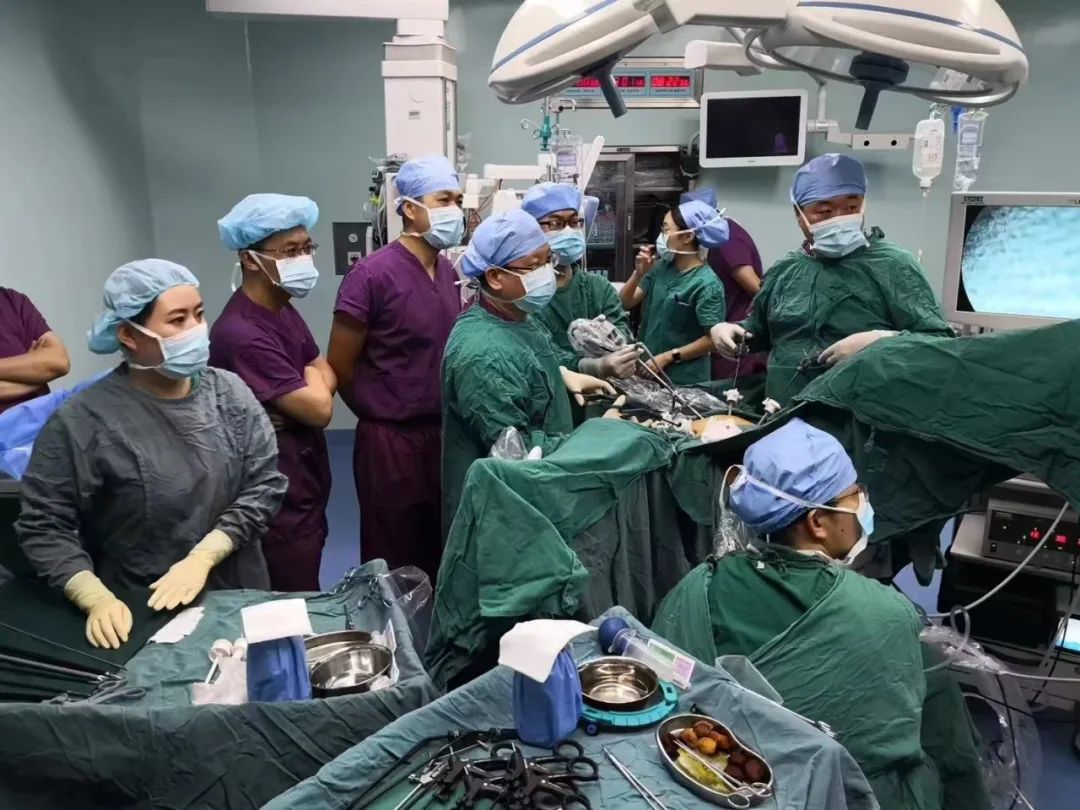
Director Li Xinxiang's career can be divided into two periods: Fujian and Shanghai. In 2008, the Fudan Cancer Hospital established E. colorectal Surgery. At the invitation of Professor Cai Sanjun, Li Xinxiang, who had just completed the study of laparoscopic technology abroad, chose to join the newly established colorectal surgery of the Fudan University Cancer Hospital. The era of laparoscopic minimally invasive.
In 2021, there were more than 4,000 cases of colon cancer in colorectal cancer in the Fudan Cancer Hospital. In Shanghai, there were not many hospitals with an annual surgical amount of bowel cancer. Director Li Xinxiang brings not only laparoscopic minimally invasive technologies to the diagnosis and treatment of colorectal cancer in the Cancer Hospital of Fudan University. After nearly 15 years of accumulation, the whole management and treatment concept of colorectal cancer has brought the best treatment results to patients, but also Affecting many young doctors.
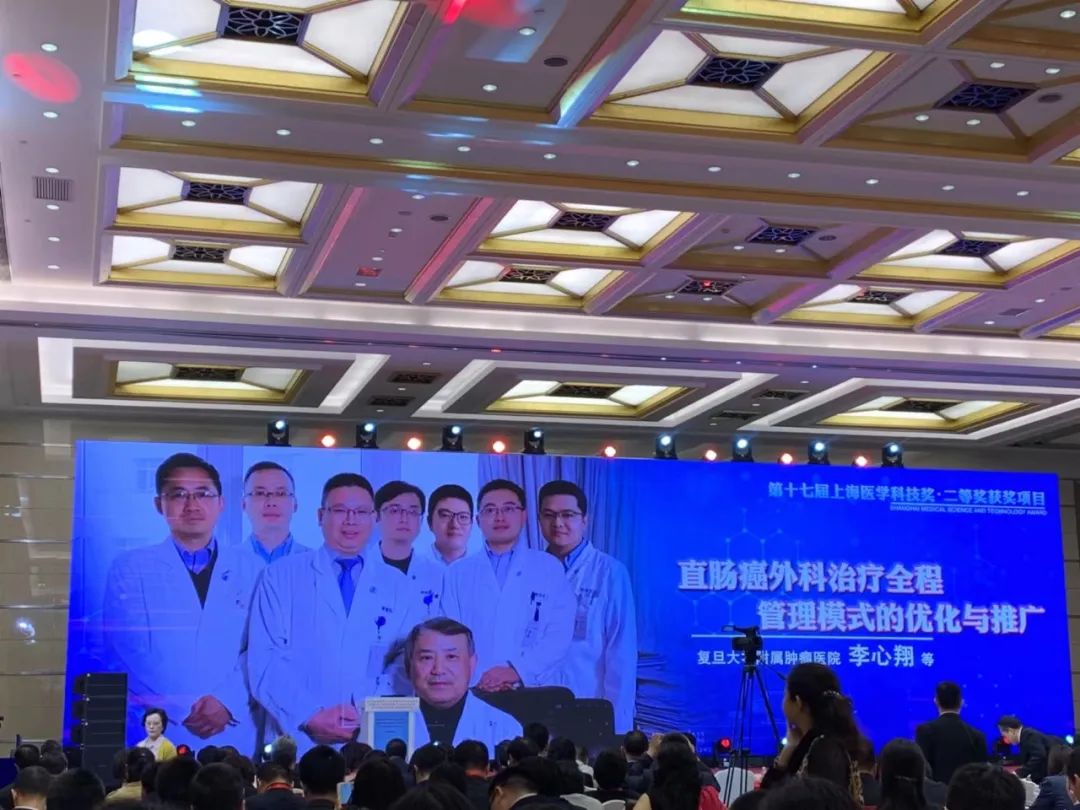
Create a minimally invasive era of colorectal surgery
The starting point of Director Li Xinxiang began in Fujian. After graduating from Fujian Medical University undergraduate, he entered the tumor surgery of the First Affiliated Hospital of Fujian Medical University.
Although Director Li Xinxiang during the Fujian period was mainly clinically, he was mainly digestive tumors, but he also performed almost all tumor surgery. In 2005, the minimally invasive wind blew into the field of gastrointestinal and intestines in China. Li Xinxiang came to Changhai Hospital of Shanghai Second Military Medical University to follow Professor Zheng Chengzhu, a pioneer of laparoscopy in my country.
At that time, the mainstream of intestinal cancer surgery was still open abdomen, and laparoscopy for bowel cancer surgery will be questioned by many experts, and it is even reprimanded as not to take the "right path." But then Director Li Xinxiang was keenly aware that minimally invasive will be the future direction of surgery. In addition to reading Dr. Zheng Chengzhu, he also studied at the Micro Capital Center of the Cleveland Medical Center in the United States.
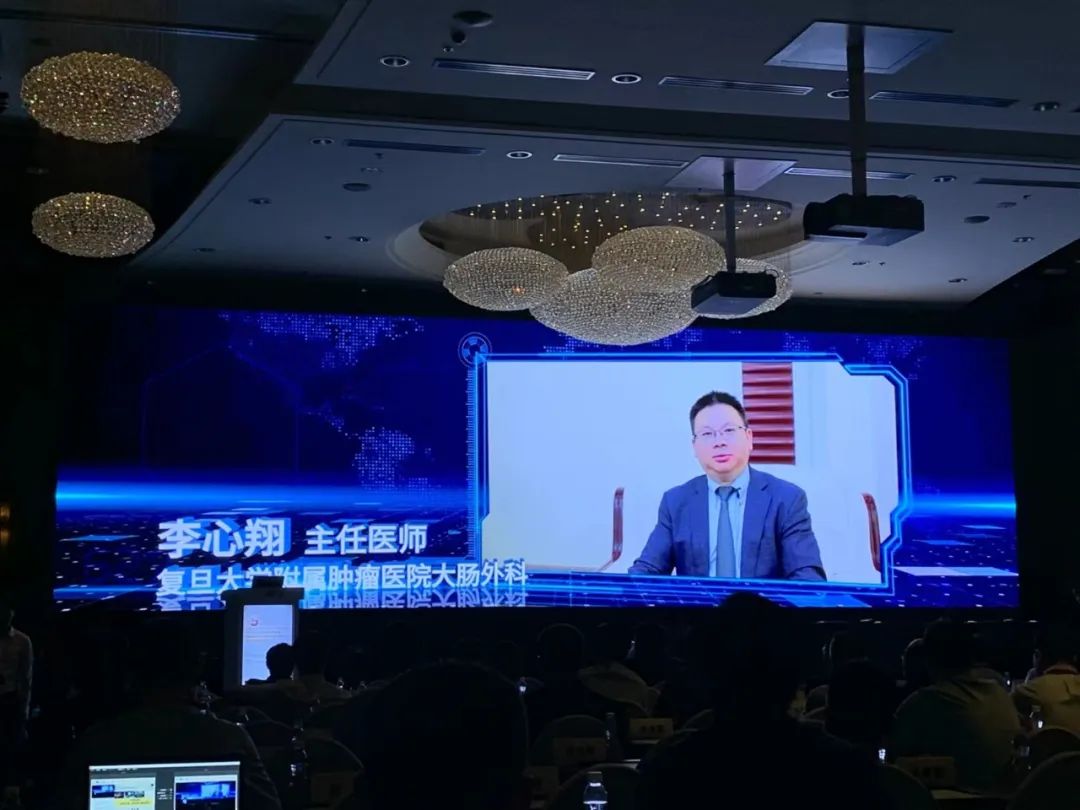
In 2008, after graduating from the PhD, Li Xinxiang faced an important choice for his career. On the other hand, the first hospital affiliated to Fujian Medical University looked forward to his back with minimally invasive technology and gave him comprehensive support. On the other side, Fudan University Cancer Hospital on the other side Professor Cai Sanjun invited him to join the colorectal surgery.
Considering that Fudan University Cancer Hospital is the top tumor hospital in the country. The platform is better, which is more conducive to technological and discipline development. Li Xinxiang chose to stay in Shanghai. However, laparoscopic surgery in the oncology hospital has a high starting point and more difficult.
"The doctor of the general hospital can start from simple appendix surgery and gallbladder surgery, but the oncology hospital does not have such patients, and it is a big surgery. Therefore, it was very difficult at the beginning. The mirrors are all taught a little bit, let alone cooperate with tacit understanding, so the laparoscopic minimally invasive surgery I have started at the beginning is very long, which is longer than the abdominal surgery time and the pressure is very strong. "
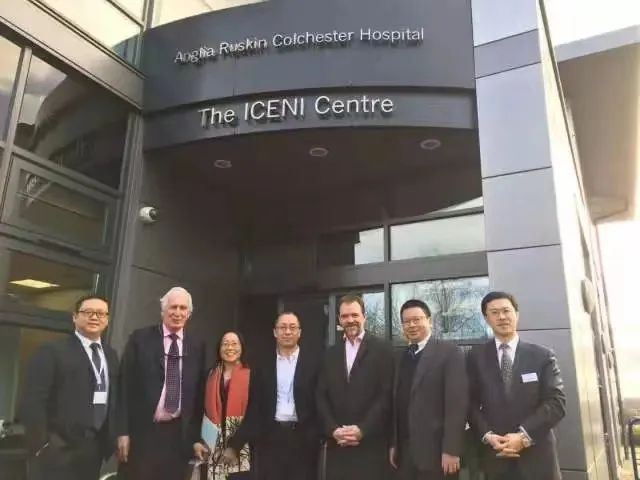
Although the start is difficult, Director Li Xinxiang determined that laparoscopic technology must be the mainstream technology of the future of colonic surgery. "Traditional ventilation surgery is an experience surgery. It has more feel and fast speed. The biggest feature of laparoscopic surgery is that it can magnify the internal tissue structure. Learn, so the growth of young doctors is also fast. "
The minimally invasive surgery of abdominal tumors of Fudan University Cancer Hospital Starting from Li Xinxiang, it has slowly drove the major of gastric cancer and gynecological tumors. Deputy Dean's "Handsome" Hacroscopy Platform Director and Li Xinxiang served as the Executive Director. Based on a laparoscopic platform, experts from various specialties organized the National Tumor Surgery Liggling Technology Summit Forum, which effectively promoted the development of laparoscopic technology of various disciplines.
When the surgical minimally invasive technology is not yet mature, Director Li Xinxiang led the team to refine the laparoscopic technology. When everyone mastered the technology, the team's running -in is becoming more and more smooth. Li Xinxiang put forward the concept of the patient's whole process.
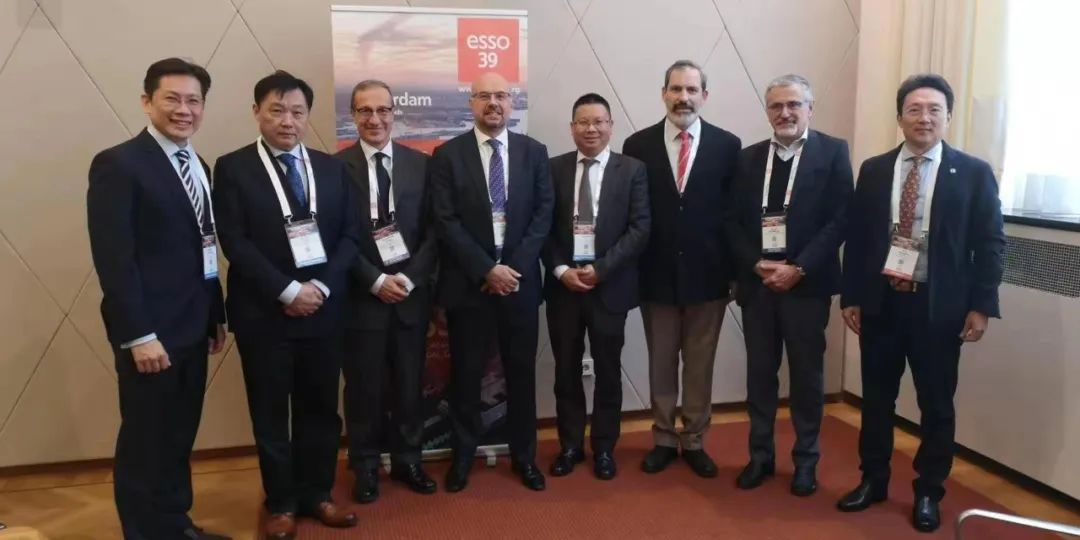
Full management
"What I have been pushing now is the ability of a doctor to have full management." Director Li Xinxiang said, "Minimally invasive technology is just the most basic skill you should have as a surgeon, that is, if you don't even have this technology, you don't even have this technology Master, even if you are not a qualified surgeon, you have to become an excellent surgeon. It is not enough to open a good knife. You must be able to manage the patient throughout the process. "
When a tumor patient came to the hospital, the first step was to be clearly diagnosed, and then it was developed to formulate a suitable treatment plan. If surgery was needed, how to treat postoperative, how to follow up, and how to recover. From the opinion of Director Li Xinxiang, this is that doctors must do Good thing. "The purpose of all medical technology is only one, that is, the disease is optimistic, and the tumor patient is not just a knife disease. It's optimistic. "
Director Li Xinxiang also admits that he also realized from the obsessed technology to the full management of the disease. He even believes that if a surgeon does not have the ability to manage the whole process, he may be unemployed in the future. "In tumor treatment, surgeon is always dominant. The first thing to consider tumor patients is whether the surgeon can be operated. At this time, the decision -making of the surgeon will directly affect the patient's after -treatment." Director Li Xinxiang said, "So I have to do every year every year Dozens of online academic conferences, because tumor treatment is standardized, is actually determined by surgeons. Few tumor patients go to the Department of Medicine at the beginning. The first diagnosis of tumor patients who choose internal medicine doctors are generally middle and late, unless The main treatment methods such as lymphoma and nasopharyngeal cancer are internal medicine, which are mainly chemotherapy, so surgeons must have the ability to manage the whole process. "
Director Li Xinxiang had a word that he repeatedly preached: the feasibility of technology does not represent the rationality of the treatment. For example, a tumor patient can have 4 surgical methods, which ultimately choose the best treatment results. "Each technology has reasons for existence, and there are also suitable patient groups. However, some technologies are suitable for most people, and some are suitable for small groups."
At present, 80 % of patients with 2 % or 90 % of the 2 % of the E rapering of the colorectal in the Fudan Cancer Hospital uses laparoscopic surgery. Director Li Xinxiang said: "Laparoscopy is the current mainstream technology, but it is not a universal technology. Let all patients do laparoscopic laparoscopic. The goals we are pursuing are the key to allowing suitable patients to use suitable technologies. "
During the Fujian period, Director Li Xinxiang worked at a comprehensive hospital and joined the Cancer Hospital of Fudan University before he came to the Cancer Specialist Hospital Platform. This special experience gave birth to his concept of management throughout the process. "The Department of Oncology of the General Hospital is more concerned about how to do surgery, and the oncology specialist hospital is seeing how disease is treated and how to use comprehensive treatment to give patients to the greatest extent to benefit. After I arrived at the tumor hospital, the biggest harvest was that they could be able to be able to be able to Incorporating these two points, I know the importance of surgical technology to surgeons, and also accepted the concept of comprehensive tumor treatment. This also made me realize that a qualified tumor surgeon must have the ability to manage the whole process. "
Anal protection is not a technical issue
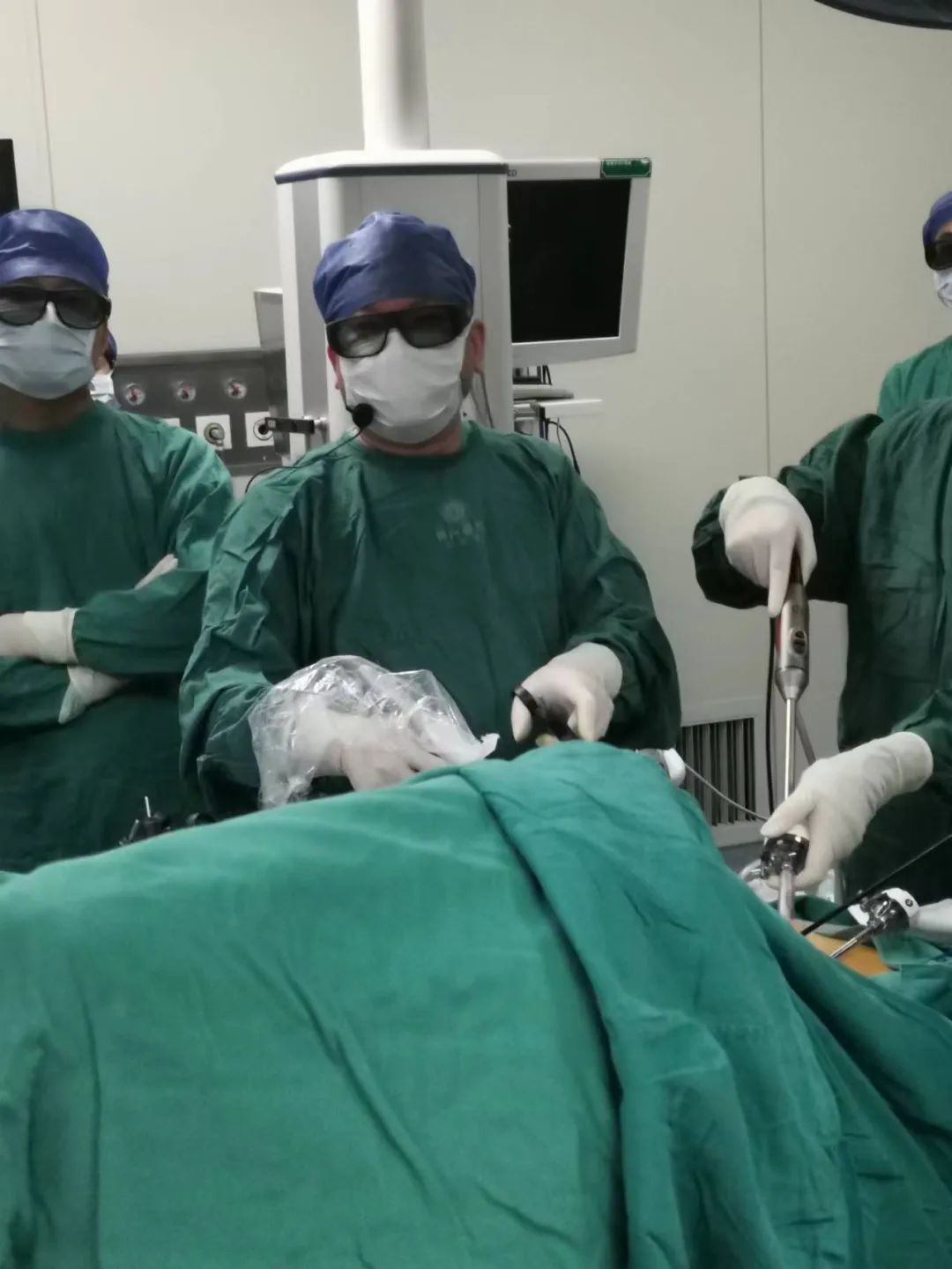
The view of "anal protection" for patients with rectal cancer can best reflect the medical concept of Director Li Xinxiang.
Like hypertension, diabetes, etc., intestinal cancer is also "rich and rich". Director Li Xinxiang said: "Eat too much on high protein, high fat, and high calories. It's constantly rising. "
Another important factor leading to the increase in the incidence of bowel cancer is aging. More than 50%of intestinal cancer patients in Shanghai are over 70 years old. "Now the average expectation of Shanghai is more than 83 years old, and the probability of bowel cancer is not strange. It is easy to cause cancer when people reach this age. Intestinal cancer is a common disease of high -age people."
Intestinal cancer patients are both unfortunate and lucky. First of all, intestinal cancer is a disease that can be prevented. Patients can not be discovered in a timely manner during the prevention stage, so it is unfortunate. "80%-85%of colorectal cancer is transformed from a benign adenoma in the colorectal. It takes 10 years with benign adenoma to cancer, which also means that we have 10 time to prevent cancer. Directly removed after the tumor, and it will not be canceled. "
At the same time, the five -year survival rate of intestinal cancer in all digestive tract tumors is the highest. At the Fudan Cancer Hospital, the five -year survival rate of rectal cancer can reach 72%, and many benign diseases do not have such a high cure rate. Therefore, Director Li Xinxiang often said that when God closed a door, he also opened a window. "Like mismatched fixing defect (DMMR) rectal cancer, only 5%-10%of patients with rectal cancer are not sensitive to mortar chemotherapy, the treatment effect is very bad, it has troubled us for decades. Now immunotherapy is given to us. Now immunotherapy These patients have brought hope, so the progress of our medicine is the process of a small window of a fan. "
Director Li Xinxiang introduced that the treatment of rectal cancer is always difficult and hot in colorectal surgery. Among Chinese intestinal cancer patients, rectal cancer accounts for more than 60%, and colon cancer accounts for only about 30%, while 70%of rectal cancer is low -level rectal cancer. "This is why I put more energy in rectal cancer in recent years, because the surgery of rectal cancer is difficult to do than colon cancer, the recurrence rate of rectal cancer is higher, and the treatment technology of rectal cancer has developed faster. We must keep up with it. ","
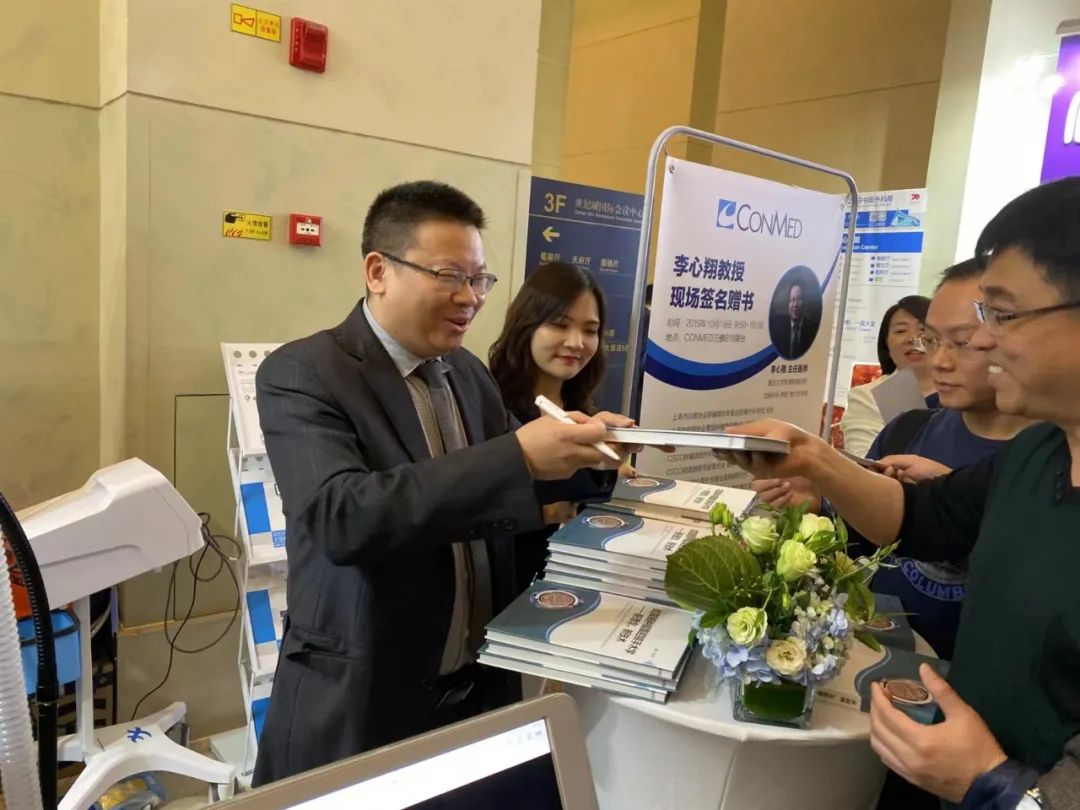
In the era of abdominal surgery, it is very difficult for patients with rectal cancer patients to protect anal. A large number of patients with rectal cancer have undergone intestinal fistula surgery. From then on, a pendant has an extra pendant -the fecal bag, which seriously affects the quality of life of the patient. The emergence of laparoscopic surgery allows many patients to protect the anus, but some patients with low rectal cancer are difficult to achieve anal protection.
In order to solve the problem of protecting the anus in low tumor, Director Li Xinxiang is one of the first doctors in China to receive a regular anal full rectal membrane technology training in the United Kingdom in China. At the level, the traditional laparoscopy of a small number of rectal cancer is difficult to enter the road.
At this point, for Director Li Xinxiang, there is no anus that can't be kept at the technical level. When the doctor is no longer limited by technology, Director Li Xinxiang also enters a higher level. "As a doctor, you can't always be obsessed with technology, and you must go back to the disease itself. In the end, you still have to return to the disease itself. You must optimize the illness. Otherwise, the knife is more beautiful. Patients have died, and this is also a case of failure. "Under this concept, Director Li Xinxiang always chooses the treatment plan with the maximum interest of patients. In addition to surgery safety, can it achieve tumor root treatment? Will it extend the time of surgery and increase the postoperative complications of patients? As well as postoperative rehabilitation and long -term follow -up, and even the same treatment effect, which are more cost -effective? They are all issues that he will consider.
"As a surgeon, my experience is that first of all, surgical technology must be well practiced. This is the most basic. Surgical technology has developed rapidly. We must pay attention to learning any new technology, even if you can only solve 5%of patients' problems It is also very important. "Director Li Xinxiang said," But it is not enough to have technology, and some patients can solve the problem without simply operating. "
In the outpatient clinic, patients often ask Director Li Xinxiang if he can protect the anus. He will explain patiently whether you can protect the anus is not a technical question. It depends on whether you are suitable for protecting the anus. "So we need to change a statement now, don't ask the doctor if you can protect the anus, but ask the doctor if I am suitable for protecting the anus."
Director Li Xinxiang explained that the premise of protecting the anus is to prevent recurrence and function. He has seen many patients who have forced anal protection and tumor recurrence in the outpatient clinic. He has also seen the anus but did not keep the anus function. The patient cannot control the stool and the quality of life is worse. In short, the hard protection of the anus should not be kept, and the anal preservation is not kept. Such cases are very common.
So Director Li Xinxiang said: "I often emphasize at the time of lectures that when our technology is constantly improving, when our surgeon is getting more and more capable, it may also be more harmful to the patient, because before you can't do it before, you can't do it You can't do it. Now you can do it. You can do it, you should not protect the anus. It is no technical problem, but the patient will suffer. "
In the opinion of Director Li Xinxiang, when a surgeon breaks through the technical restrictions, it is meaningful to talk about the whole management, so as to provide patients with the most suitable treatment plan. "Doctors' thinking must follow the times in order to always stand at the forefront. When the technical restrictions are broken, the whole management concept of tumor treatment must be possessed. After a new topic, does this indicate that the treatment mode of patients with rectal cancer will change? Do we have to test whether it is a DMMR patient? We don't have to do it before, do we have to do this in the future? "
Expert Introduction
Li Xinxiang
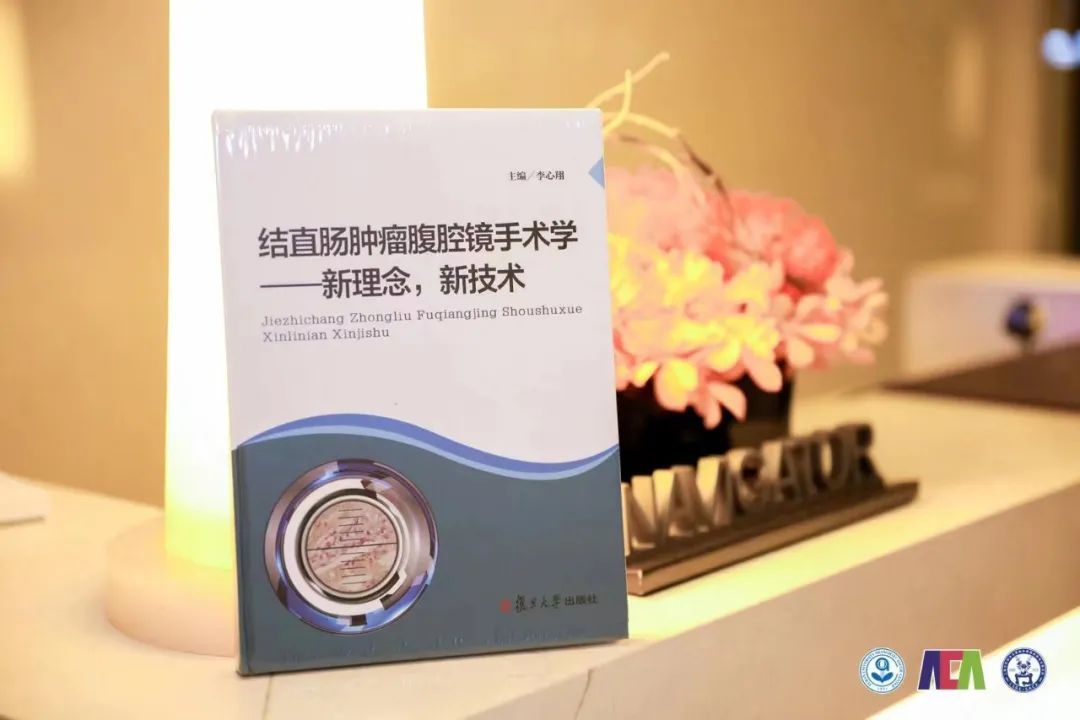
Fudan University Cancer Hospital
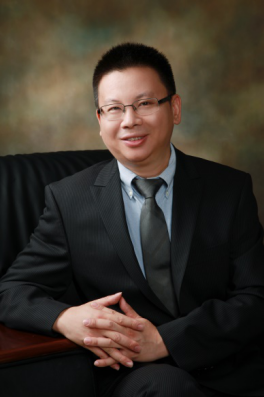
Director of the E. colorectal Second Section
Director of the China Clinical Oncology Society (CSCO)
CSCO Oncology Minimally Invasive Surgery Special Committee Deputy Chairman
CCSCO colorectal cancer diagnosis and treatment guide
Deputy Chairman of the Chinese Research Hospital Society of Lingua Anal Surgery Specialty Committee
Standing Committee Member of the Anorectal Medicine Branch of the Chinese Medical Doctors Association
Chairman of the Chairman of the Comprehensive Treatment of E. colorectal Cancer Society of Anorectal Medicine, the Chinese Medical Doctors Association
Chairman of the Chairman of the General Committee of the General Commission of the General Committee of the Traditional Chinese and Western Medicine Society
Deputy Chairman of the Overbally Tumor Special Committee of the Chinese Medical Doctors Association
Chairman of the Gastrointestinal Tumor Hacroscopy Professional Committee of the Shanghai Anti -Cancer Association
The leader of the Holoscopic External Science Group of the Shanghai Anti -Cancer Association Cancer Special Committee
Vice Chairman of the International Lights Cancer Association (ICRCC) China Branch
The first release of this article: the medical world tumor channel
Author of this article: Wen Chou
Editor in charge: Sweet
- END -
The year of work style 丨 work continuously, the service has temperature!The Changping District Medical Insurance Bureau took multiple measures and raised the medical insurance service "Lianxin Bridge"

Online service light burden, high efficiency of offline services, and consulting b...
"Forever Shan Dandan" large -scale original national orchestral music group music concert Beijing Chengdu Shuangcheng staged
Shan Dandan is a small flower growing on the northern Shaanxi plateau. It looks a bit like a lily. It is not delicate but simple and simple, and it is more like a hard work, tough, tough, and enthusia